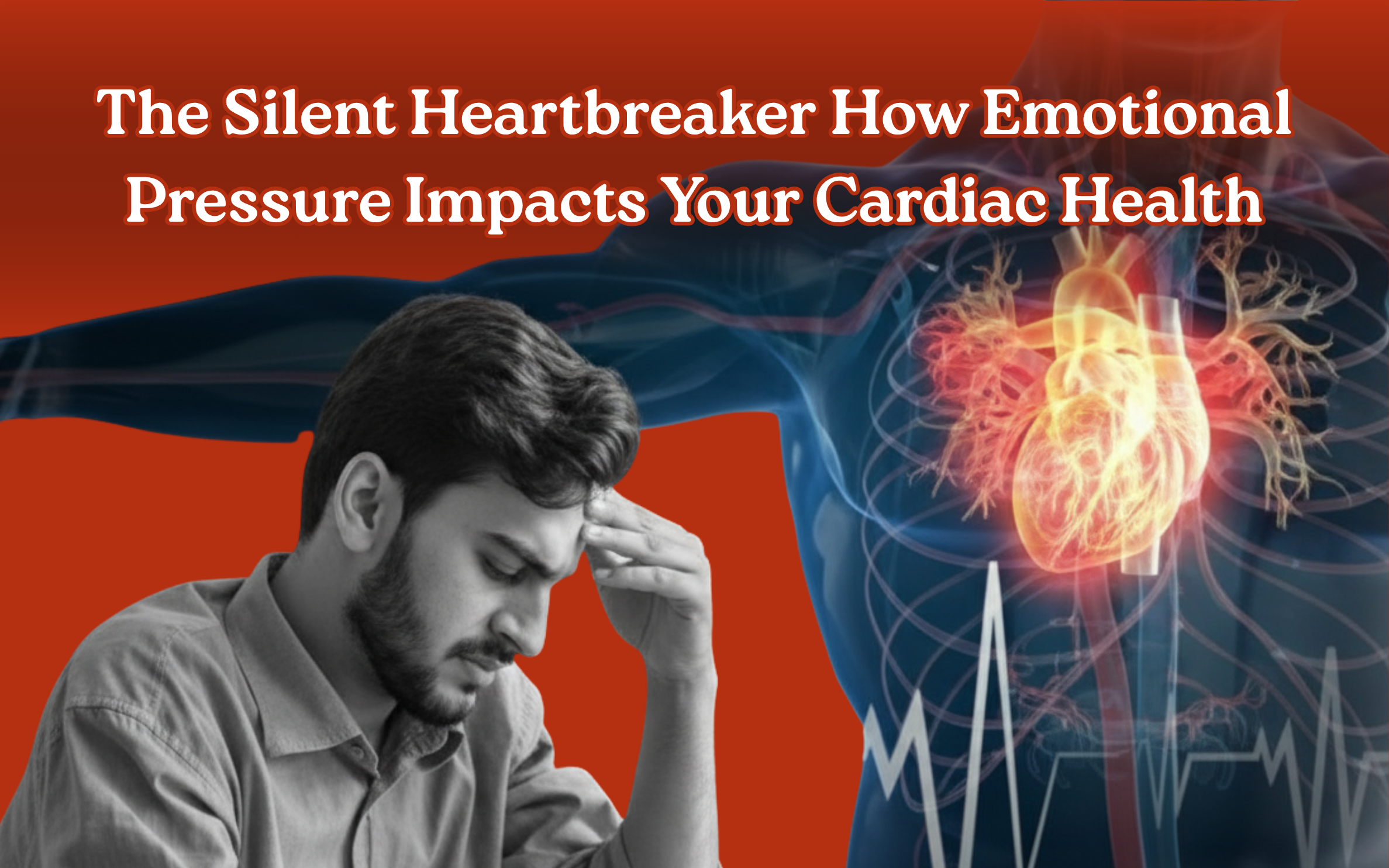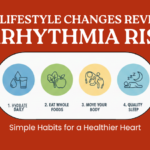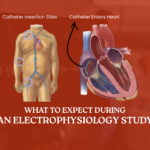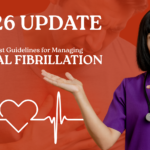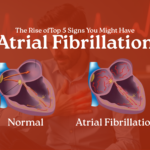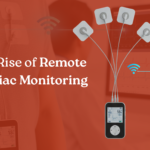In today’s fast-paced world, stress isn’t just an emotional burden; it has become one of the biggest invisible threats to your heart. We often talk about cholesterol, high blood pressure, obesity, and smoking as classic risk factors, but emotional stress quietly sits in the background, pulling the strings. Clinical evidence now recognises mental stress as a significant cardiovascular risk factor, sometimes as impactful as physical ones.
With rising patterns of heart disease in India, especially among people in their 30s and 40s, one thing becomes clear: stress is no longer “just mental.” It is a real, physiological, damaging force — the silent heartbreaker.
How Stress Affects Your Heart: More Dangerous Than You Think
When life throws challenges, deadlines, family pressure, financial worries, and relationship conflicts, the body releases stress hormones like cortisol and adrenaline. These aren’t harmful in short bursts. But when stress becomes chronic, the real damage begins.
1. Constant Stress = Constant Heart Strain
Your heart beats faster, your blood vessels tighten, and your blood pressure rises — putting constant strain on the heart.
2. Inflammation Increases
Studies show that mental stress triggers inflammation in the arteries, a major contributor to heart blockages.
3. Heart Rhythm Disturbances
Stress can cause irregular heartbeats (arrhythmias). People with anxiety may face palpitations, skipped beats, or sudden heart racing.
4. Emotional Stress Can Trigger Heart Attacks
Sudden emotional shock can trigger stress cardiomyopathy (Takotsubo cardiomyopathy), temporarily weakening heart function.
5. Stress Fuels Unhealthy Habits
- Overeating
- Smoking
- Alcohol use
- Poor sleep
Why You Need Expert Guidance
People often wait for symptoms like palpitations, chest discomfort, or breathlessness before seeking help. But early intervention saves lives. Choosing the best heart hospital with the best cardiologists truly matters.
Top specialists today understand the deep link between mental health and cardiac health. Consulting the best heart specialist ensures accurate diagnosis, modern treatment, and prevention tailored to your lifestyle.
Real-Time Experience: What Patients Often Don’t Realise
Dr Ashutosh Kumar has seen many cases where emotional stress was the hidden cause behind heart issues.
Case 1: High-Pressure Corporate Life
A 38-year-old IT professional reported severe palpitations.
Diagnosis: Stress-induced arrhythmia.
Case 2: Emotional Trauma Triggering Chest Pain
A 45-year-old woman experienced sudden chest pain after losing a family member.
Diagnosis: Takotsubo Cardiomyopathy (Stress Cardiomyopathy).
Case 3: Sleepless Nights, Racing Heartbeat
A young student faced an irregular heartbeat during exam stress.
Diagnosis: Stress-precipitated SVT (supraventricular tachycardia).
Warning Signs You Should Never Ignore
- Frequent palpitations
- Chest heaviness
- Rapid heartbeat
- Breathlessness
- Dizziness or fainting
- Extreme fatigue
- Sleep disturbances
- Tightness in the chest during stress
How to Protect Your Heart from Emotional Stress
Practice Daily Stress Management
Breathing exercises, meditation, and journaling help reduce cortisol levels.
Limit Stimulants
Reducing caffeine and nicotine can prevent rhythm problems.
Build a Strong Sleep Routine
7–8 hours of good sleep lowers stress hormones.
Stay Physically Active
Walking, yoga, and cycling significantly support heart health.
Talk It Out
Therapy or counselling is preventive care for both mind and heart.
Regular Check-ups
Visiting a senior cardiologist early can prevent complications.
Final Thoughts: Stress Isn’t a Phase, It’s a Heart Risk
Mental stress slowly damages the heart, often without symptoms. But with awareness, timely check-ups, and guidance from the best heart specialist, you can protect your heart for life.
Your heart isn’t just an organ — it’s your life engine. Treat it with care, love, and timely medical attention.


